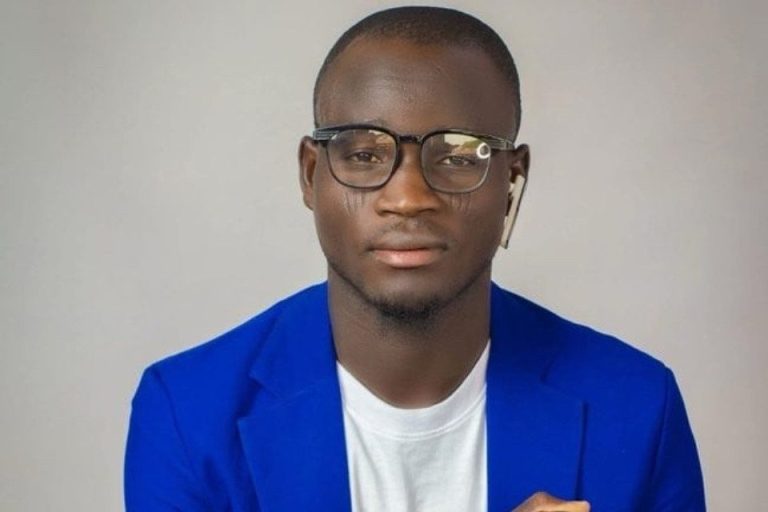Police in Niger State have arrested Mr Abubakar Isah Mokwa, a post-graduate student of Ibrahim Badamasi Babangida University (IBBU), Lapai, for criticising Governor Umar Bago on social media.
Mr Mokwa was picked up by the police on October 23, 2025, about a week after posting on his Facebook account, where he accused the governor of lying about his administration’s achievements in tackling insecurity and improving infrastructure. In the post, Mr Mokwa called Mr Bago “Governor Amunike,” a name adopted by popular comedian Kevin Chinedu to depict corrupt Nigerian governors.
Confirming his arrest, Mr Wasiu Abiodun, the Niger State police spokesperson told journalists that the Niger State Police Command received a formal criminal complaint against Mr Mokwa and, as a result, arrested him.
He was transferred to the State Police Command Headquarters in Minna for further investigation in connection with the allegations according to Mr Abiodun.
On November 5 when he was arraigned at the Chief Magistrates’ Court 1 in Minna, the Niger State capital, the Magistrate refused to grant him bail, even though it admitted that it lacks jurisdiction to hear the cybercrime case brought against the student by the Niger State Governor.
The court delivered the ruling after considering a formal bail application filed by Mr Mokwa’s lawyer, Barrister Ibrahim Usman Wali. And, despite acknowledging that it lacked jurisdiction, the Magistrate went ahead to fix another hearing for November 17, 2025, a move the defence team described as a clear violation of due process.
On November 17, when he was again arraigned at a Magistrates’ Court, it ordered Mr Mokwa to be remand in the Minna Correctional Centre till 29 November 2025, while the police continued their investigation.
Prior to the adjournment, his counsel, Mr Ibrahim Usman Wali, had explained delays in earlier proceedings, saying: “They claim they’ll bring him but they’re experiencing some administrative delays. We’re suspecting that they’re waiting for the final OK of the CP, who isn’t in yet.”
Expressing concerns over the handling of the case and stated: “We take this opportunity to reaffirm a simple but fundamental truth: the Nigerian Constitution guarantees every citizen the right to free expression, including the right to criticise government conduct. Governance is a public trust, and those who hold office must accept public scrutiny as part of democratic accountability.”
He added, “Attempts to criminalise dissent or silence constructive voices only weaken the social contract between the people and their government. We therefore urge the authorities, including the Governor, to respect constitutional freedoms and the civic space that sustains democracy.”





